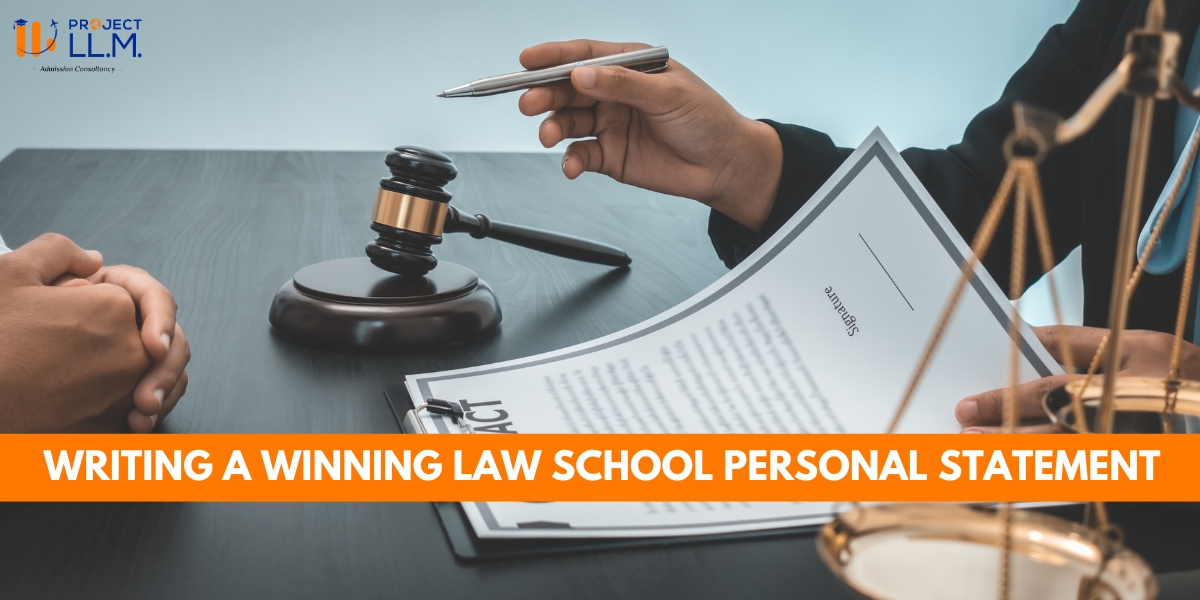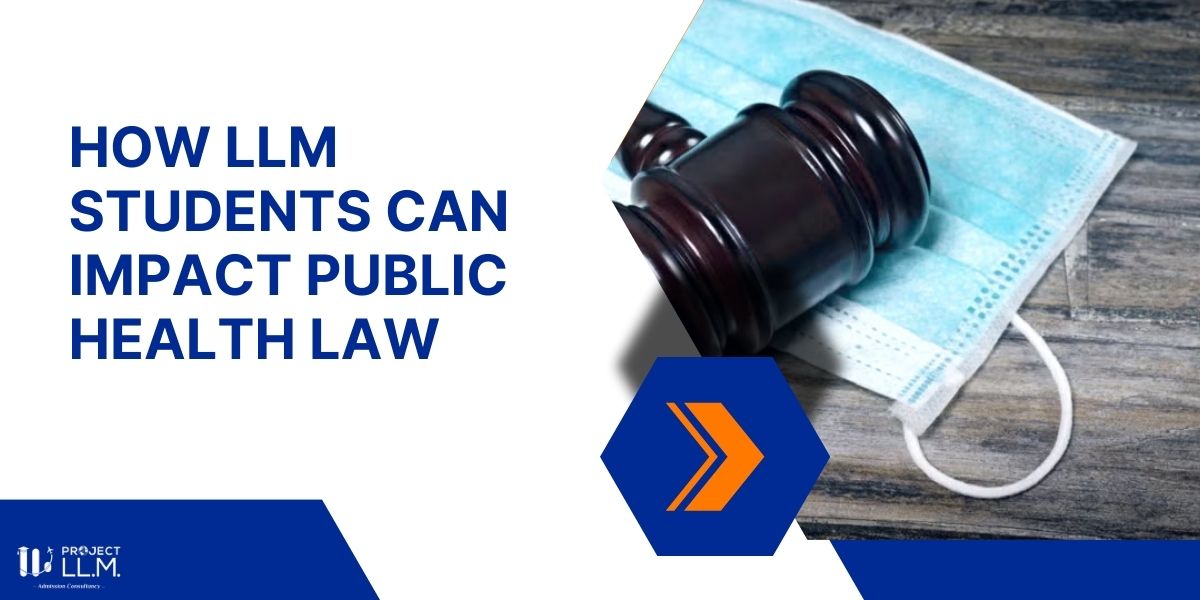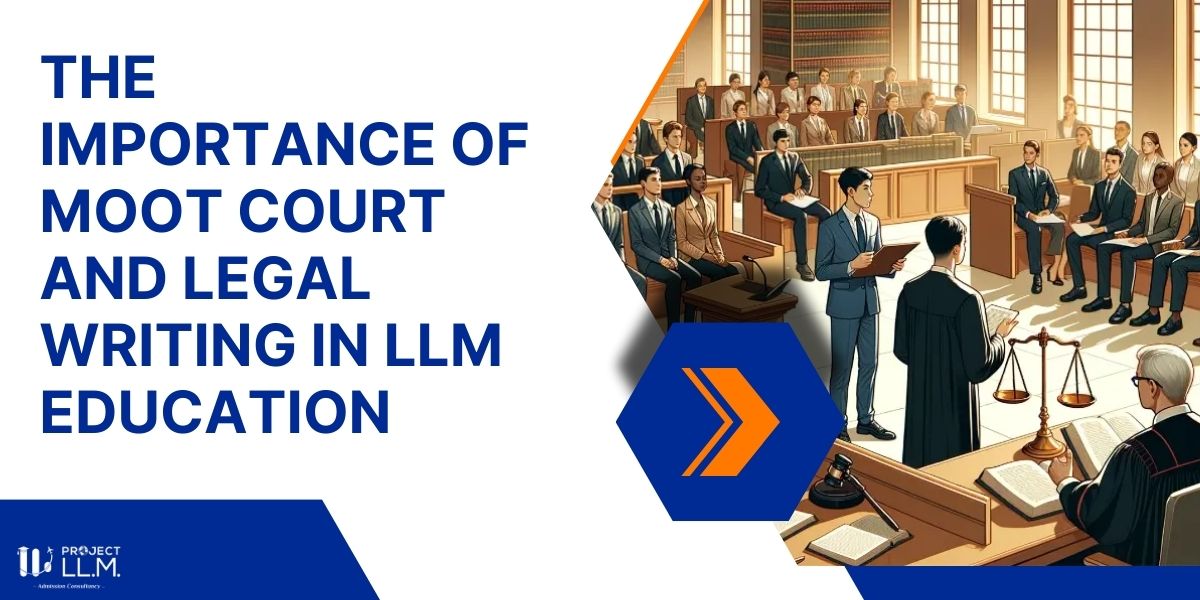Applying to law school is a significant step in your academic and professional journey. One crucial component of the application process is the personal statement. This is your opportunity to showcase your unique qualities, experiences, and aspirations, and to explain why you are an ideal candidate for law school.
As a law school applicant, your personal statement is your chance to impress the admissions committee and show why you’re a great fit for their program. It allows you to go beyond your LSAT score, GPA, and extracurricular activities to demonstrate your character, motivations, and readiness for law school. Here are nine tips to help you craft a standout personal statement:
Understanding the Purpose of the Personal Statement
What Law Schools Look For
Law schools use personal statements to gain a deeper understanding of applicants’ backgrounds, experiences, and aspirations. They want to see:
- Personal Growth: Demonstrations of how your experiences have shaped you.
- Commitment to Law: Evidence of your passion and dedication to the legal profession.
- Unique Perspective: Insights that set you apart from other applicants.
- Communication Skills: Clarity, coherence, and persuasiveness in your writing.
Common Pitfalls to Avoid
To ensure your personal statement is effective, steer clear of these common mistakes:
- Clichés and Generalizations: Avoid overused phrases and broad statements that lack specificity.
- Repetition: Do not reiterate information already found in other parts of your application.
- Negative Tone: Maintain a positive and forward-looking perspective.
- Lack of Focus: Ensure your essay has a clear narrative and purpose.
Focus on You
Your personal statement should be about you. Highlight your skills, values, and experiences that have prepared you for law school. Avoid focusing too much on other people who influenced you. Instead, show how their influence shaped your path and what makes you a strong candidate.
Brainstorm Broadly
Think broadly about potential topics for your personal statement. Consider writing about your extracurricular activities, meaningful challenges you’ve overcome, professional experiences, accomplishments, hobbies, or other unique interests. Update your résumé to help recall your achievements and experiences, which might inspire good essay topics.
Be Genuine
You don’t need to be a superhero to impress the admissions committee. Share genuine anecdotes that show your passion, dedication, and readiness for law school. If you discuss a mistake or weakness, make sure to highlight how you overcame it. Always be honest; the committee can usually tell if you’re stretching the truth.
Just Write
Once you have a topic, set aside time to write freely. Don’t worry about making it perfect in the first draft. Focus on getting your ideas down, which will make editing easier later.
Remember Your “Why”
Your personal statement should reflect why you want to go to law school. Think about your career goals and motivations. For example, if you want to fight injustices, you might write about a protest you participated in and how it inspired you to pursue a legal career.
Be Specific
Keep your essay focused on a specific theme or moment. Due to space limitations, you need to be succinct and efficient with your writing. Avoid rehashing information that’s elsewhere in your application. If you start with a story, make sure to conclude it.
Grab Our Attention
Start with an attention-grabbing anecdote, fact, or dialogue. While your style should remain professional and straightforward, your personal statement should still be engaging and memorable. Avoid humor unless you’re confident it will translate well.
Know What Makes the School Tick
Research your chosen law schools thoroughly. Understand their values, mission, and defining characteristics. Incorporate this knowledge into your personal statement to show why you’re a good fit for the school.
Also Read : The best strategies for taking notes in law school
Polishing Your Personal Statement
Revision and Editing
Once you have a draft, take time to revise and polish your personal statement:
- Seek Feedback: Share your essay with trusted mentors, peers, or professional editors.
- Refine Your Language: Ensure your writing is clear, concise, and free of jargon.
- Check for Errors: Proofread meticulously for grammar, spelling, and punctuation mistakes.
Conclusion
Writing a winning law school personal statement requires introspection, strategic planning, and careful execution. By understanding the purpose of the personal statement, crafting a compelling narrative, and diligently revising your work, you can create an essay that resonates with admissions committees and sets you apart as a unique and promising candidate. Remember, your personal statement is not just a requirement it’s an opportunity to tell your story and make a lasting impression on your path to a successful legal career.



